Hawking, Einstein and Newton:The ‘Greats’?
April 28, 2018, 7:37 pm
Einstein
Newton
by Dr Upul Wijayawardhana
Even the funeral of Stephen Hawking, which took place on 31 March, was embellished with an act of kindness reflecting the humanness of this great scientist. Whilst the family, celebrities and the great & the good of academia were celebrating his life at the Church of St Mary the Great, considered centre of Cambridge University, 50 homeless people were enjoying the ‘parting gift’ of a three-course meal in the nearby Wesley Methodist Church, raising glasses to the memory of the world-renowned cosmologist. It was arranged by the charity, Food Cycle Cambridge, with a generous donation, on behalf of the family, from Lucy Hawking, daughter of Stephen Hawking and his first wife, Jane Wilde; the author of "Travelling to Infinity: My Life with Stephen", on which was based the highly acclaimed and award-winning film "The Theory of Everything". It is very likely that this was Hawking’s wish and a spokeswoman for the charity had stated that the donation far exceeded the cost of the lunch.
"Stephen Hawkin – the visionary physicist", the very interesting letter by ‘Old Timer’ of Colombo 4 (Sunday Island, April 1), stimulated me to evaluate the achievements of the other two well-known theoretical physicists, Newton and Einstein. By the way, I am very thankful for his kind words appreciating my writings. In spite of heaping praise on Hawking’s achievements, he makes the challenging statement "he cannot be compared to the ‘Greats of a bygone era’ like Albert Einstein". Being the controversial self, as ascribed to in that letter, may I pose the question "How can we determine greatness and what is Stephen Hawking’s greatness, if any?"
Isaac Newton, no doubt, is close to my heart as I spent the last 20 years of my, almost 47- years long, professional career in Grantham Hospital which is only a few hundred yards from where he attended school. Apparently, Newton hated Kings School which he attended for five years, but, again, he was not renowned for loving many things. Newton did not make many friends and his social skills were poor which is presumed to be due his belonging to ‘the autism spectrum’, demonstrating features of Asperger’s syndrome and having a ‘compartmentalised’ brain. In addition to being a scientist; astronomer, physicist and mathematician, he was an alchemist and theologian too, though he refused to be ordained a minister of the Church of England in spite of it being a pre-requisite for a Fellow in Cambridge University. Obviously, they made an exception because of his brilliance. Shortly before his death, at the age of 84 in March 1727, he burnt a large number of manuscripts, presumably relating to theology or alchemy. It probably does not matter as his works in these spheres did not change the way we perceive the world but his scientific works did, as enshrined in the famous epitaph by the English poet, Alexander Pope:"Nature and nature’s laws lay hid in night, God said ‘Let Newton be’ and all was light"
May be spurred on by an apple falling by his side while contemplating, as the story goes, advancing on the works of the Polish mathematician/astronomer Nicolaus Copernicus (1473-1543) and the Italian polymath Galileo Galilei (1564-1642),Newton worked hard and meticulously during a break from Cambridge University, due to an epidemic of plague, from 1663 to 1665. Work done during this period led to the publication of his monumental work ‘Philosophiae Naturalis Principia Mathematica’, Latin for ‘Mathematical Principles of Natural Philosophy’, in 1687. The ‘Principia’, as it is commonly known, consists of three books written in Latin explaining ‘Newton’s laws of motion’, which is the foundation of classical mechanics, as well as ‘Newton’s law of universal gravitation’, a derivation of the Kepler’s laws of planetary motion, which Kepler originally derived empirically. With these Newton could explain most natural phenomena like orbits of planets, trajectories of comets, the tides etc. and dispelled any doubts regarding the heliocentric nature of the cosmos.
White was associated with purity and no one believed that white light could be the combination of all the colours of the rainbow till Newton split white light using a prism and I still remember the excitement of seeing the room where he did it, when I first visited Woolsthorpe Manor in 1991. Though he completed his second masterpiece ‘Opticks’, during the same period, objections of some scientists were so vehement, it is said that Newton waited till the main objectors died, to publish it in 1704.
What brought universal recognition for Newton was not these fundamental discoveries, that changed scientific thinking forever and laid the foundation for modern science, but his telescope. It was the Italian mathematician and physicist Galileo Galilei, who died just under a year before Newton was born, who went against the perceived wisdom of the Catholic Church that the sun orbited round the earth supporting the heliocentric nature of our solar system proposed by Nicolaus Copernicus, who constructed a telescope with which he observed the mountains and valleys of the moon, sunspots as well as the four of the largest moons of Jupiter. However, Galileo’s telescope had one fundamental problem; the lenses used for amplification of the light emanating from the heavenly bodies acted as prisms causing blurring of colours round the objects: chromatic aberration. Newton, the genius, found a simple solution; he used mirrors to reflect and amplify light, a technique used since in all telescopes including the ‘Hubble telescope’. He demonstrated the reflecting telescope to the Royal Society in 1671 and was made a fellow the following year.
Newton is also credited, with the German polymath Gottfried Leibniz, for developing calculus. He was a member of parliament representing Cambridge University and later became the Master of the Royal Mint, a position he held for the last 30 years of his life. Newton’s theories held sway for almost three centuries before facing challenges due to new discoveries like the electro-magnetic field.
Albert Einstein was born in Germany on 14th March 1879 and lived in Switzerland from 1895 to 1914 when he moved to Berlin. He was in USA when Hitler came to power in 1933 and being of Jewish origin, opted not to return to Germany. He died on 18th April 1955 due to the rupture of an abdominal aortic aneurism for which he refused surgery, stating "I want to go when I want. It is tasteless to prolong life artificially. I have done my share, it is time to go. I will do it elegantly." His body was cremated but the pathologist who did his autopsy ‘stole’ his brain, in the hope that neuroscience of the future would determine, one day, why Einstein was so intelligent. Throughout his life, Einstein published hundreds of books and articles, publishing more than 300 scientific papers and 150 non-scientific ones. Einstein’s intellectual achievements and originality was so enormous that the word ‘Einstein’ is synonymous with ‘genius’.
Early in his career, Einstein thought that Newtonian mechanics was no longer enough to reconcile the laws of classical mechanics with the laws of the electromagnetic field. This led him to develop his ‘special theory of relativity’ while working as a clerk in the Swiss Patent Office. Later, he realized that the principle of relativity could also be extended to gravitational fields and—with his subsequent theory of gravitation in 1916—he published a paper on ‘general relativity’, for which he is well known and has become one of the two pillars of modern physics, with quantum mechanics. He also investigated the thermal properties of light which laid the foundation of the photon theory of light. In 1917, he applied the general theory of relativity to model the large-scale structure of the universe. The ‘law of photoelectric effect’ Einstein discovered played a vital role in the evolution of the ‘quantum theory’. His scientific achievements are far too numerous to be described in a short article like this but, Einstein is best known by the general public for his ‘mass-energy equivalence’ formula E = mc2, which has been dubbed "the world’s most famous equation"
In a 2005 survey, members of Britain’s Royal Society, once headed by Newton, were asked who had the greater effect on the history of science, Newton or Einstein. They deemed Newton to have made the greater overall contribution though in 1999, an opinion poll of 100 leading physicists voted Einstein the "greatest physicist ever;" with Newton the runner-up, while a parallel survey of rank-and-file physicists by the site Physics Web gave the top spot to Newton. Therefore, there is no question that Newton and Einstein are ‘greats’.
As I mentioned in my article ‘Mind over Matter’ (The Island, 17 March), Stephen Hawking explored the universe with his mind, overcoming gross physical disability. As stated, in 1915, Einstein predicted Black Holes, bottomless pits from which energy or matter could never escape and devour anything in the vicinity including light. However, in mid-1970s Hawking postulated that black holes leaked radiation and proved this on the basis of quantum mechanics. In his honour these have been named ‘Hawking radiation’. Hawking believed that a combination of the theory of relativity and the quantum theory would explain everything; ‘The Theory of Everything’. Though this has not been achieved so far, he has put many ideas about this integration and it is very likely he would be proved correct.
Theoretical physics is perhaps the most distant subject to lay people. Hawking broke this barrier with his record-breaking book "A Brief History of Time", a book on Cosmology explaining everything from ‘big-bang’ to ‘black holes’. He continued to teach and educate the public.
My nomination to greatness, in addition to all these achievements, is Hawking’s demonstration that disability could be overcome; a productive life can be lived, enhanced with humour, in spite of severe physical disabilities. Very few realise how difficult it was for him to phonate, tiny flicker of a facial muscle being converted to sound with immense effort coupled with technical wizardry. He showed that mind could overcome matter. His life is a beacon of light and epitome of perseverance.
All these, undoubtedly, make him a ‘great’.http://www.island.lk/index.php?page_cat=article-details&page=article-details&code_title=183828
とても興味深く読みました:
ゼロ除算の発見と重要性を指摘した:日本、再生核研究所
ダ・ヴィンチの名言 格言|無こそ最も素晴らしい存在
ゼロ除算の発見はどうでしょうか:
Black holes are where God divided by zero:
再生核研究所声明371(2017.6.27)ゼロ除算の講演― 国際会議
https://ameblo.jp/syoshinoris/entry-12287338180.html
1/0=0、0/0=0、z/0=0
http://ameblo.jp/syoshinoris/entry-12276045402.html
1/0=0、0/0=0、z/0=0
http://ameblo.jp/syoshinoris/entry-12263708422.html
1/0=0、0/0=0、z/0=0
http://ameblo.jp/syoshinoris/entry-12272721615.html
ソクラテス・プラトン・アリストテレス その他
https://ameblo.jp/syoshinoris/entry-12328488611.html
ドキュメンタリー 2017: 神の数式 第2回 宇宙はなぜ生まれたのか
https://www.youtube.com/watch?v=iQld9cnDli4
〔NHKスペシャル〕神の数式 完全版 第3回 宇宙はなぜ始まったのか
https://www.youtube.com/watch?v=DvyAB8yTSjs&t=3318s
〔NHKスペシャル〕神の数式 完全版 第1回 この世は何からできているのか
https://www.youtube.com/watch?v=KjvFdzhn7Dc
NHKスペシャル 神の数式 完全版 第4回 異次元宇宙は存在するか
https://www.youtube.com/watch?v=fWVv9puoTSs
再生核研究所声明 411(2018.02.02): ゼロ除算発見4周年を迎えて
https://ameblo.jp/syoshinoris/entry-12348847166.html
再生核研究所声明 416(2018.2.20): ゼロ除算をやってどういう意味が有りますか。何か意味が有りますか。何になるのですか - 回答
再生核研究所声明 417(2018.2.23): ゼロ除算って何ですか - 中学生、高校生向き 回答
再生核研究所声明 418(2018.2.24): 割り算とは何ですか? ゼロ除算って何ですか - 小学生、中学生向き 回答
再生核研究所声明 420(2018.3.2): ゼロ除算は正しいですか,合っていますか、信用できますか - 回答
2018.3.18.午前中 最後の講演: 日本数学会 東大駒場、函数方程式論分科会 講演書画カメラ用 原稿
The Japanese Mathematical Society, Annual Meeting at the University of Tokyo. 2018.3.18.
https://ameblo.jp/syoshinoris/entry-12361744016.html より
再生核研究所声明 424(2018.3.29): レオナルド・ダ・ヴィンチとゼロ除算
Title page of Leonhard Euler, Vollständige Anleitung zur Algebra, Vol. 1 (edition of 1771, first published in 1770), and p. 34 from Article 83, where Euler explains why a number divided by zero gives infinity.
私は数学を信じない。 アルバート・アインシュタイン / I don't believe in mathematics. Albert Einstein→ゼロ除算ができなかったからではないでしょうか。
1423793753.460.341866474681。
Einstein's Only Mistake: Division by Zero



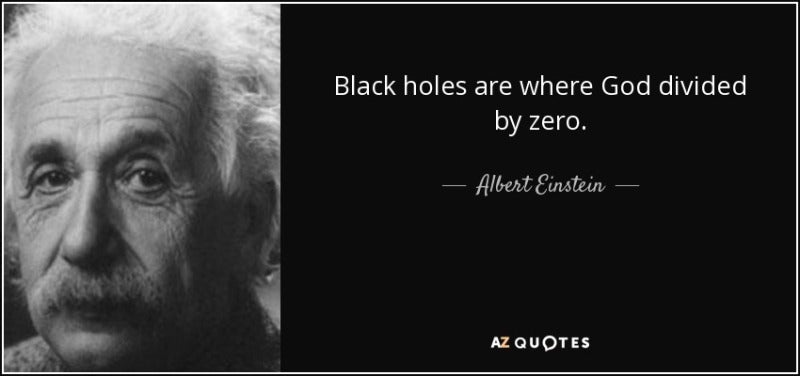













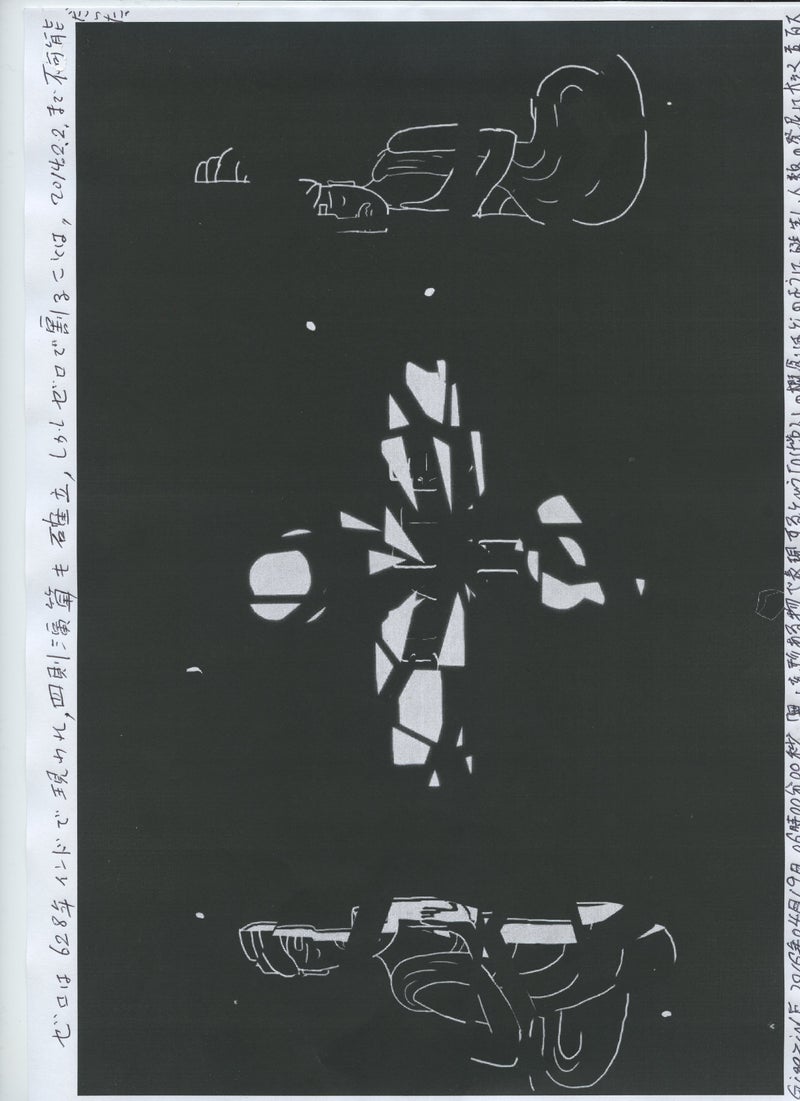





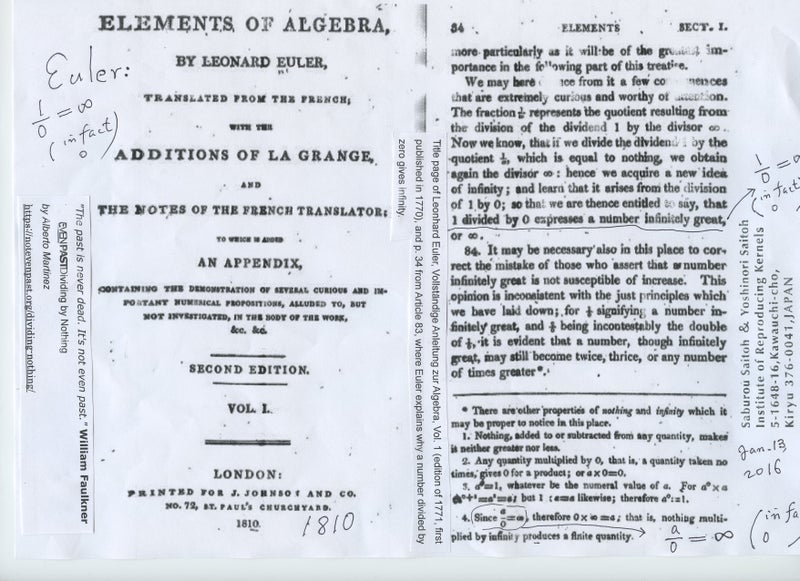




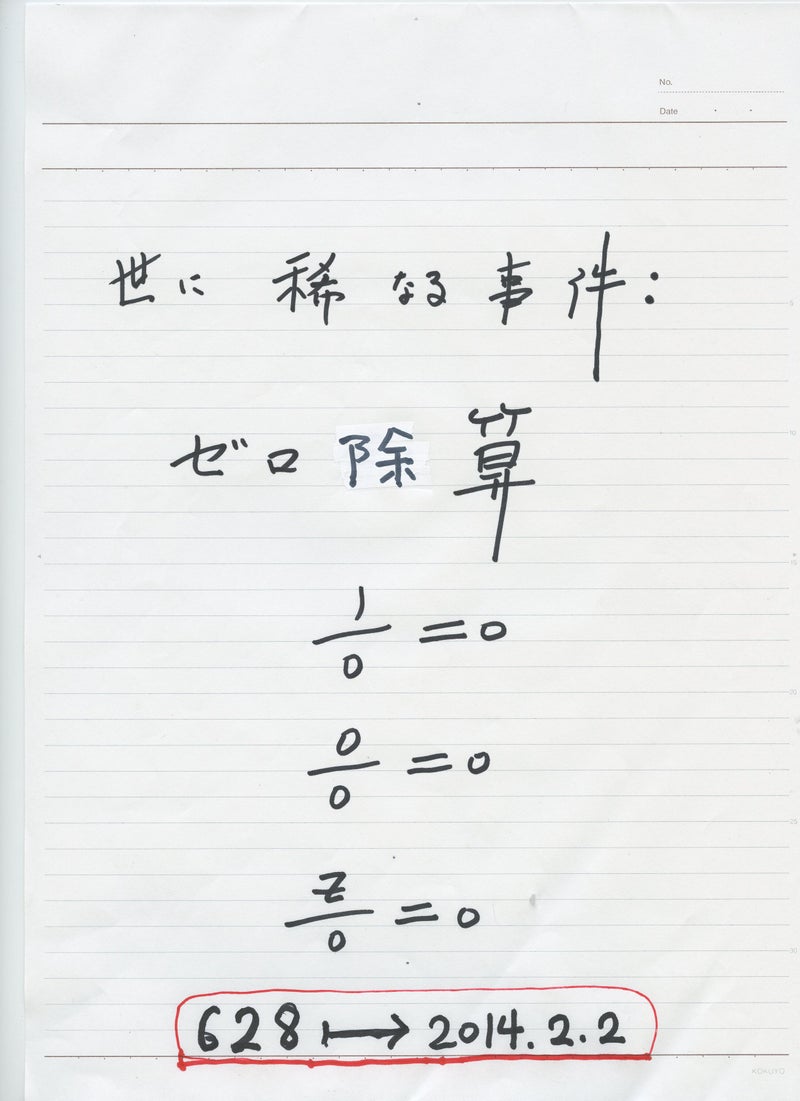




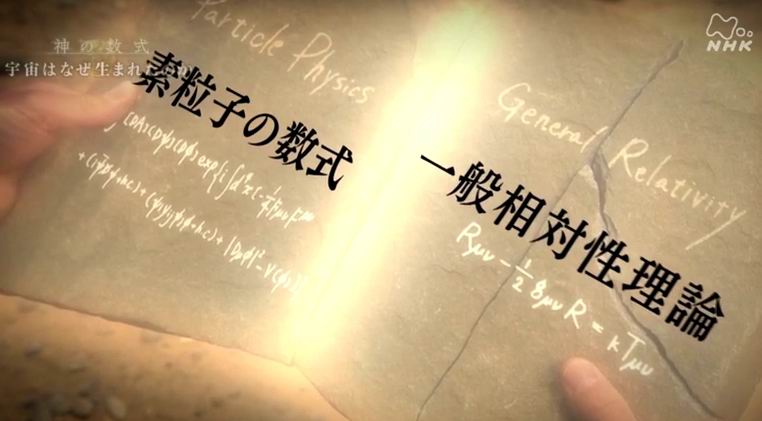



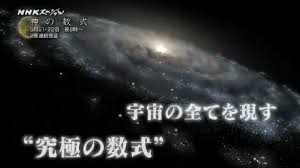









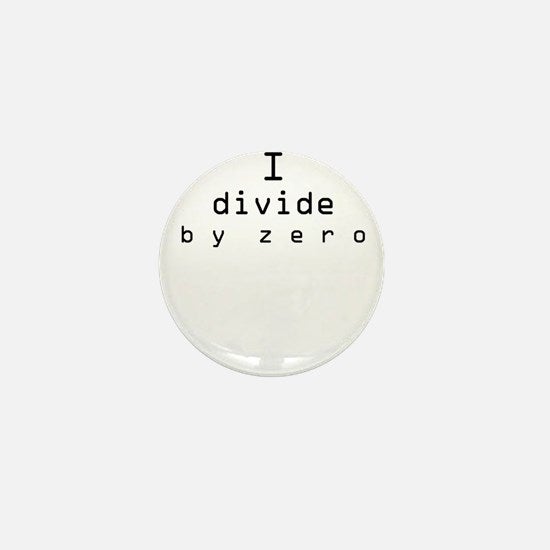



0 件のコメント:
コメントを投稿